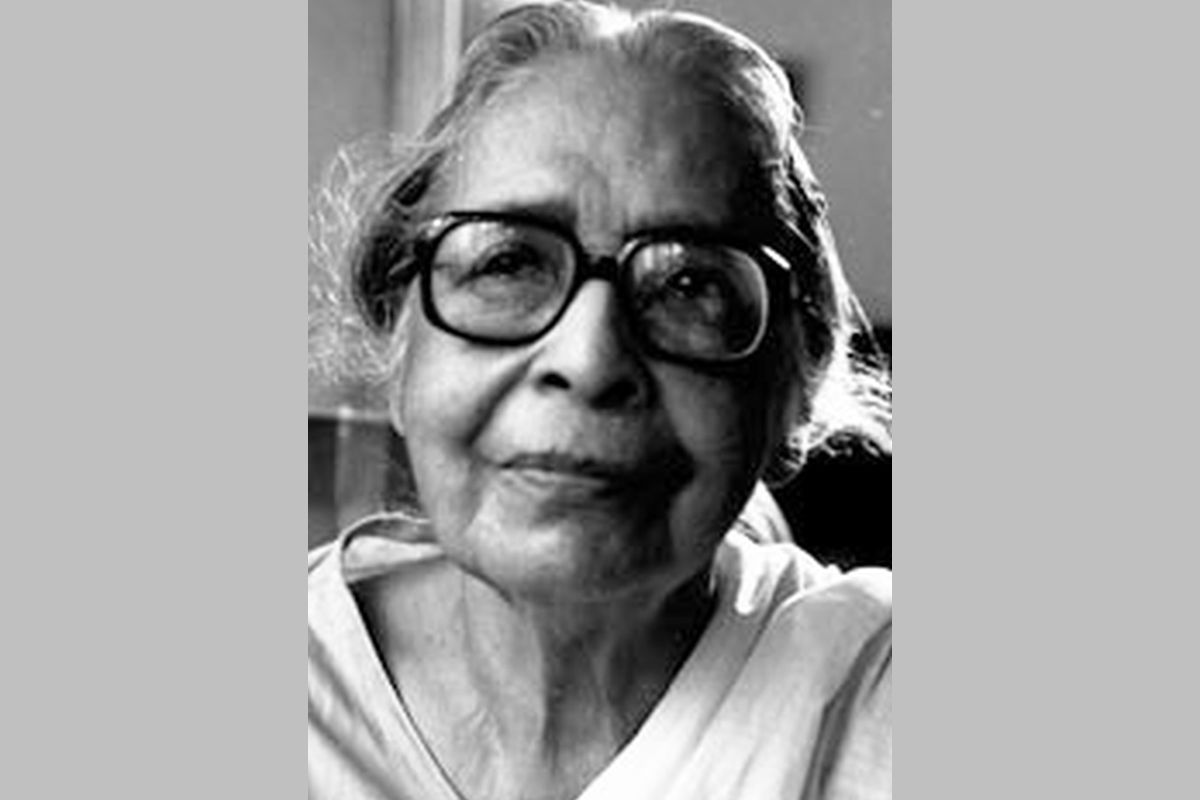When Shyam Benegal credited Satyajit Ray for revolutionizing Indian cinema
Shyam Benegal praised Satyajit Ray as the genius who redefined Indian cinema, leaving an unmatched legacy that transformed filmmaking.
She wanted to spread joyousness and stir a spirit of wonder in her readers. Her efforts were successful to make children see the world around them as something magical and beautiful.
Statesman News Service | Kolkata | March 4, 2019 5:38 pm

Leela Majumdar
Be it Panu, Goopy or Napo (an abbreviation of Nepoleaon, a cat) and many other characters which Leela Majumdar created have seeped into our psyche ever since we first read them. The magic of Goopir Gupta Katha or Nepor Boi or Holde Pakhir Palak lies in the fact that the boys, girls, men and women whose antics and exploits these books speak were familiar characters. The common strain that lay between Podi Pishir Bormi Bakhso and other works of Leela Majumdar for the old and young was that they were bathed in goodness and innocence. It was this trait which made people who were strangers but have read her books seek her out. And never did she disappoint them. Her qualifications and family background were eminently suitable to include her as a member of the hoity-toity set living in an ivory tower.
But her nature was against it. And she gave vent to it in her writings. Chine Lanthan, Pakdandi and Aar Kpnkhane are pointers to it. It made strangers would walk up to her even when she accompanied her family members and greet her with folded hands or touch her feet.
Advertisement
Minutes later, these persons would walk into her circle of friends who sought nothing more than her friendship. In their conversations they would seek out the characters which peopled her works and to their pleasant surprise found them. Majumdar writing career started with Lakkhi chhele, published in 1922 in the magazine Sandesh, a children’s magazine in Bengali was founded by her uncle, Upendrakishore Ray Chaudhuri in 1913 and was later edited by her cousin Sukumar Ray for sometime after the death of Upendrakishore in 1915. Together with her nephew Satyajit Ray and her cousin Nalini Das, she edited and wrote for Sandesh throughout her active writing life. Until 1994 she played an active role in the publication of the magazine.
Advertisement
Her first published book was Boddi Nather Bari but her second compilation Din Dupure brought her considerable fame. From the 1950s, her incomparable children’s classics followed. Although humour was her forte, she also wrote detective stories, ghost stories and fantasies.
Her autobiographical sketch ‘Pakdandi’ provides an insight into her childhood days in Shillong and also her early years at Santiniketan and with All India Radio.
Apart from her glittering array of children’s literature, she wrote a cookbook, novels for adults (Sreemoti, Cheena Lanthan), and a biography of Rabindranath Tagore. Leela Majumdar lectured on Abanindranath Tagore and translated his writings on art into English. She translated Jonathan Swift’s Gulliver’s Travels and Ernest Hemingway’s The Old Man and the Sea into Bengali.
Majumdar wanted to spread joyousness and stir a spirit of wonder in her readers. Her efforts were successful to make children see the world around them as something magical and beautiful.
As for her, she believed in what she tried to create, a state of existence full of light and happiness in which even the inevitable sorrows and ugliness are washed away. Let this be a tribute to this author who preferred to bask in the adulation of her readers than have a shot at greatness as her 111th birth anniversary was observed recently.
Advertisement
Shyam Benegal praised Satyajit Ray as the genius who redefined Indian cinema, leaving an unmatched legacy that transformed filmmaking.
Previous recipients include legends like Martin Scorsese, Bernardo Bertolucci, Krzysztof Zanussi, Wong Kar-wai, and Michael Douglas.
Hugo Weaving is best known for his role as Agent Smith in 'The Matrix' franchise. With a career spanning decades, he has earned critical acclaim for his versatile performances.
Advertisement
